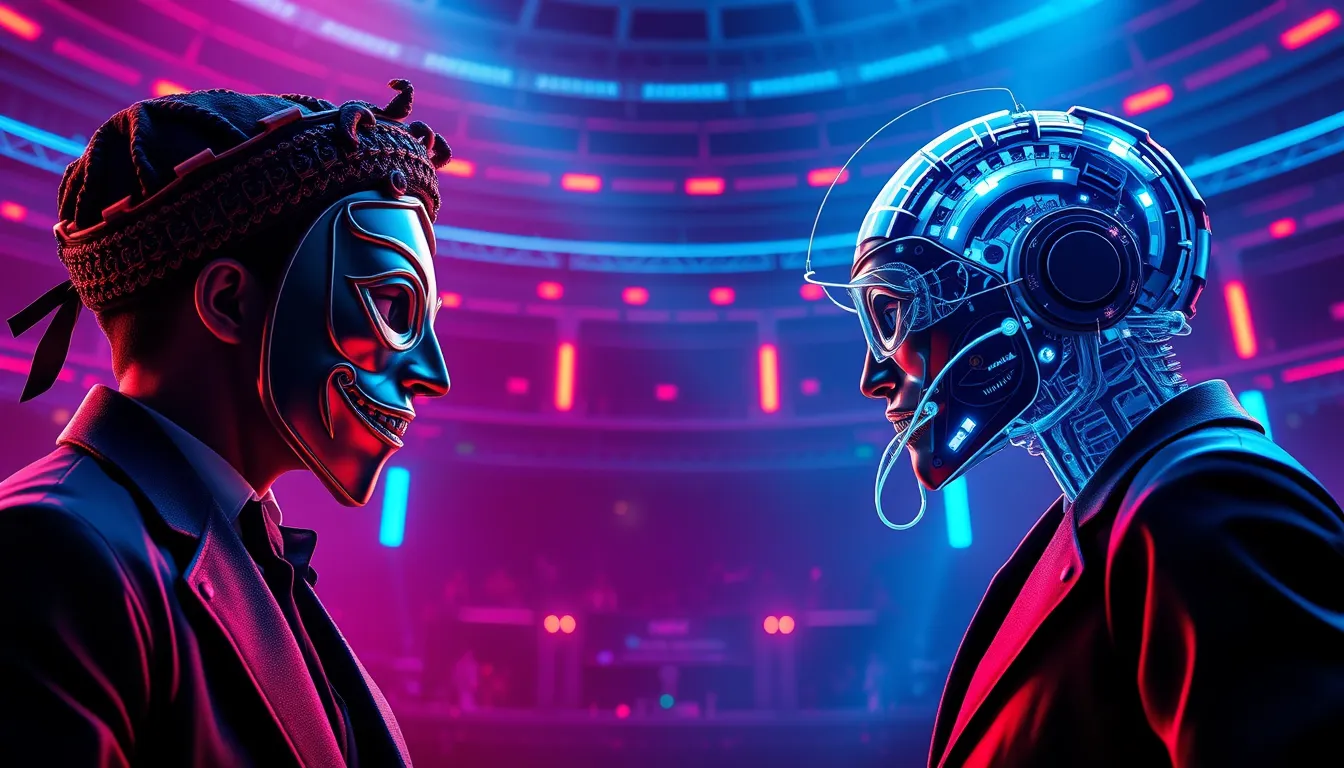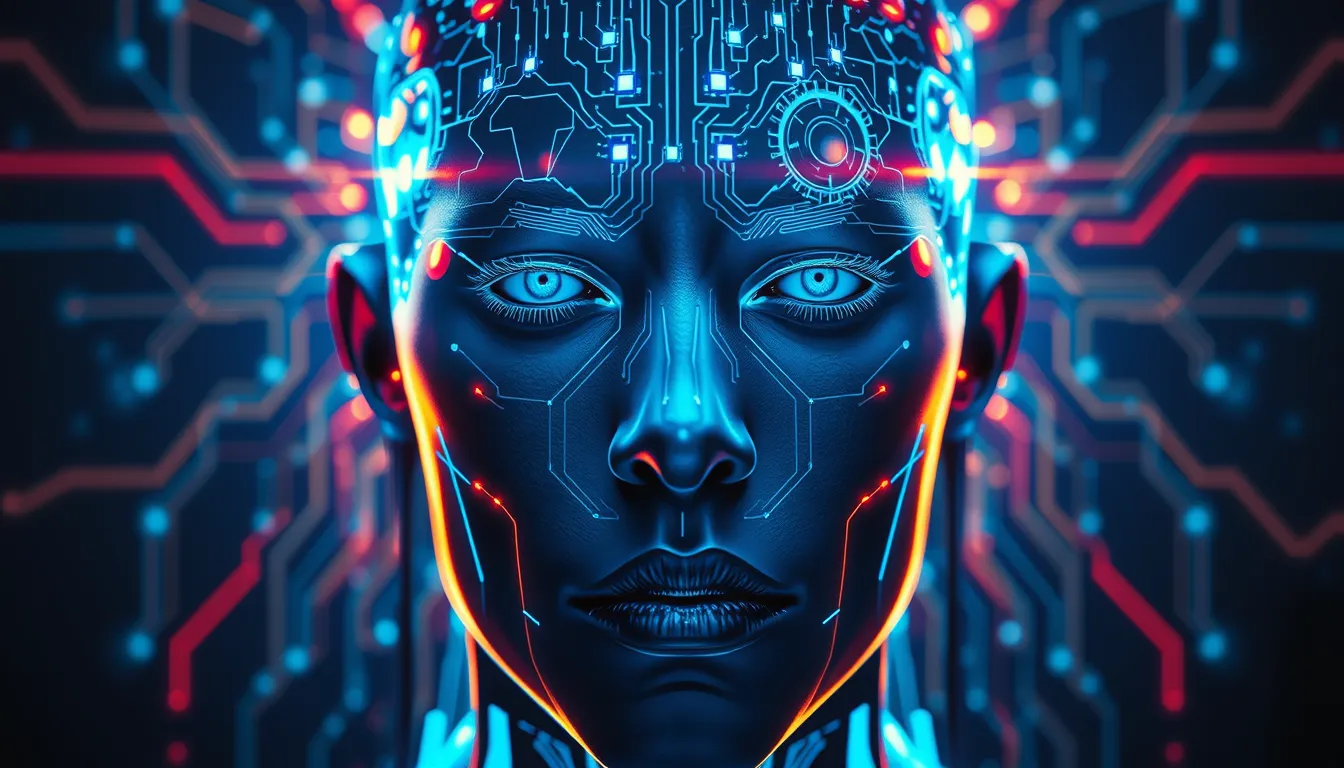Now Reading: AI in Video Games: Actor Rights & Tech Balance
-
01
AI in Video Games: Actor Rights & Tech Balance
AI in Video Games: Actor Rights & Tech Balance

AI in Video Games: Actor Rights & Tech Balance
In today’s fast-paced digital arena, the integration of advanced artificial intelligence is reshaping the video game industry. The focus on AI in video games is not just about cutting costs or speeding up production but also involves significant ethical and creative debates. Voice actor rights are at the forefront of these discussions, revealing tensions between innovation and the preservation of creative labor.
Introduction
The video game industry has long celebrated the artistry and dedication of voice actors, who breathe life into characters with nuanced performances. However, as AI technology advances, voices once exclusively rendered by human talent are increasingly being mimicked by sophisticated algorithms. This development has sparked widespread debate on the impact of AI on creative integrity in video games and has raised urgent questions about intellectual property and labor rights in the modern era.
The Rise of AI in Video Games
In recent years, technological advancements have enabled developers to integrate automated voice solutions into their production pipelines. While AI has the potential to create hyper-realistic and innovative gaming experiences, it also challenges traditional methods of production. Key innovations in AI voice mimicry can streamline processes, reduce production time, and lower costs. Yet, these benefits come with a caveat: the potential erosion of artistic quality and the reduction of opportunities for human professionals.
Benefits of AI in Video Games
The primary advantages of AI integration include:
- Enhanced Production Efficiency: AI speeds up the recording process and allows rapid iterations, which is valuable in a competitive market.
- Cost Reduction: Automated voice solutions reduce overhead by minimizing the need for multiple voice recording sessions.
- Innovation in Gaming Experience: AI-driven tools help create adaptive, interactive experiences, offering gamers fresh and immersive content.
However, these advantages must be balanced against the ethical concerns raised by the growing reliance on artificial intelligence.
Voice Actor Rights and Ethical Considerations
An essential aspect of this debate is the impact on voice actor rights. Many professionals in the industry fear that synthetic voice imitations could eventually replace human performances altogether. The danger of AI voice mimicry is that it may undervalue the skill, emotion, and subtlety that human actors bring to their roles. This concern has led voice actors, unions, and advocacy groups to demand clearer contractual protections and the enforcement of fair labor practices.
Legal and Ethical Implications
Key concerns include:
- Protecting Intellectual Property: Voice actors are advocating for stronger measures to secure their creative content and ensure proper attribution.
- Fair Compensation: There is a growing call for regulatory measures that guarantee fair pay for any AI-generated use of a performer’s voice.
- Transparency in AI Usage: The gaming industry is urged to operate transparently when deploying AI technologies, ensuring that both creators and consumers are aware of the role of AI in games.
Union Responses to AI Voice Replacement
Across the globe, labor unions have mobilized to support voice actors facing the threat of replacement by AI. These unions emphasize that while AI can complement traditional methods, it should never replace the human element that is critical for storytelling. Some of the key initiatives include:
- Pushing for stringent regulatory measures to control AI application in creative tasks.
- Advocating for contracts that specifically address the rights of voices used in digital media.
- Collaborating with industry professionals to set standards that protect the transparency and integrity of the creative process.
Furthermore, unions are working closely with digital rights organizations to ensure that the evolution of AI does not compromise fair labor practices in any industry.
Balancing Innovation with Creative Integrity
Developers and stakeholders argue that AI in video games, when implemented with careful oversight, can coexist with human talent. They claim that strategic use of AI can enhance production quality and open new avenues for creativity. However, they also acknowledge that ethical guidelines and fair labor practices must be at the core of any technological integration. The key is to strike a balance:
- Embracing Innovation: Use AI to complement and enhance traditional voice acting rather than replacing it.
- Protecting Talent: Implement robust legal frameworks to safeguard intellectual property and fair compensation.
- Transparent Partnerships: Foster collaboration between tech innovators, voice actors, and unions to create mutually beneficial solutions.
Conclusion
The dynamic interplay between AI in video games and voice actor rights illustrates the complex relationship between technology and creative labor. As the video game industry continues evolving, finding a balance between technological innovation and ethical labor practices becomes imperative. By incorporating clear contractual protections, regulatory measures, and ongoing dialogue among all stakeholders, the industry can harness the benefits of AI while preserving the invaluable human touch that has defined video gaming for decades.
Ultimately, the future of video games hinges on resolving these tensions in a way that respects both the drive for progress and the rights of the creative professionals who bring stories to life. Staying informed and engaged will be key for all parties as this revolution unfolds, ensuring that innovation does not come at the expense of artistic integrity or labor fairness.
For further insights and to explore related discussions on ethical AI, readers are encouraged to visit respected industry resources such as the Entertainment Software Association and digital rights organizations like the Electronic Frontier Foundation.

























